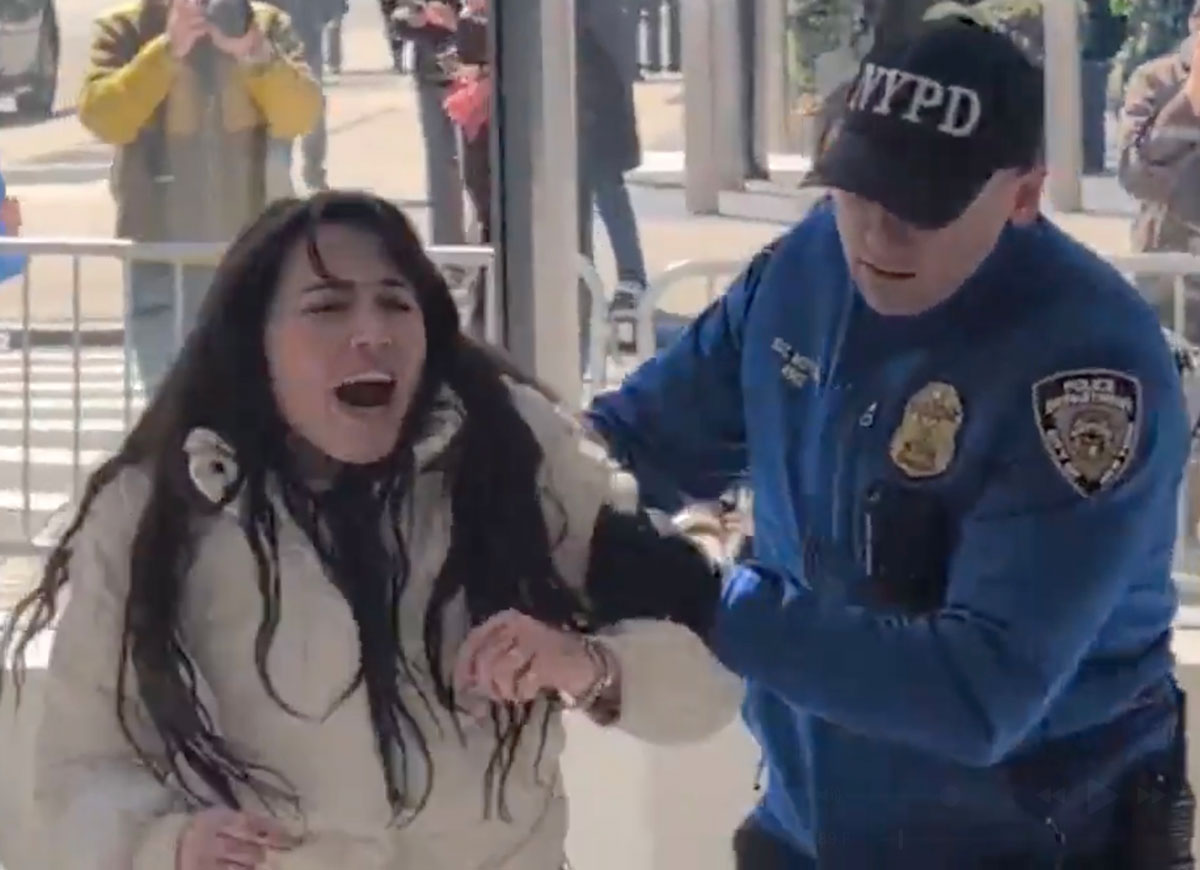Come Around Sundown by Kings of Leon

1/5
Come Around Sundown's opening track, "The End", contains the following lyric: "I ain't got a home / I'll forever roam." Now, superficially, this is a great bit of poetry. It cannot be denied that one who lacks a home may, for want of either a literal dwelling or the semblance of domestic stability, be inclined to roam, hence, to pursue a peripatetic lifestyle. Furthermore, the couplet is neatly, evenly metered and the words "roam" and "home" seem to rhyme in nearly every dialect of English. But, upon closer inspection, the listener might wonder why he or she has been provided with this information in the first place, and might even begin to suspect that "I ain't got a home / I'll forever roam" constitutes something of a tautology since "forever roaming" seems to imply "not having a home." Ludicrous lyrics would not detract too greatly from the overall effect of "The End" if the song didn't feature each member of Kings of Leon trying his damnedest to convey, by means of his respective instrument, the very "emotion" of not merely roaming forever, but also, in addition to that, not having a home … as well. In other words, not only does Caleb Followill sing "rock band-y" lyrics, which have no semiotic function but as words one might hear in a rock song: he sings them in a "rock band-y" way, conveying an emotion that does not exist but as the kind one might hear in a rock song.
For the second track, lead single "Radioactive," he not only sings "rock band-y" lyrics in a "rock band-y" way, he sings them in a voice entirely different from one he used on "The End," which I now see as a prudent choice — three-quarters of the way through the latter track, I felt the implacable desire to listen to a different band altogether. "Pyro" and "Mary" can only be described as songs that aren't there. By its halfway point, the album proves to be something of a monotonous listening experience. Try as they may to invoke thirteen different bands or genres for each track on the album, the band is still extremely limited in what it's willing to express and by what means they can express anything. "Back Down South" is, unsurprisingly, done in the style of a country-rocker, featuring more poetry that just says what it means and a bluegrass accompaniment to which heavy reverb has been applied so that the finished product approximates something like hard arena-country, which just sounds terrible.
Caleb Followill's only real forté as a singer is his ability to cause his own voice to crack at strategic moments in a song. This reminds me of the old cliché about people who decide to become actors because they can "cry on cue." Since actors are generally taught to channel raw emotions and primal fight or flight responses — to actually feel the emotions they are portraying — to say you can cry on cue is like saying you can be surprised on cue. It really just means you can "pretend" to cry on cue. When a singer's voice cracks on a record, it's generally thought to be a happy accident, a moment of genuine human frailty captured, a flaw which testifies to the ephemerality of the moment documented. So when Caleb Followill's voice cracks, often five or six times on one record, as he sings about "cars" being parked under the "stars" and lacking a "home" in addition to forever having to "roam," is he only pretending to be singing?
RELATED ARTICLES
Get the most-revealing celebrity conversations with the uInterview podcast!





Leave a comment